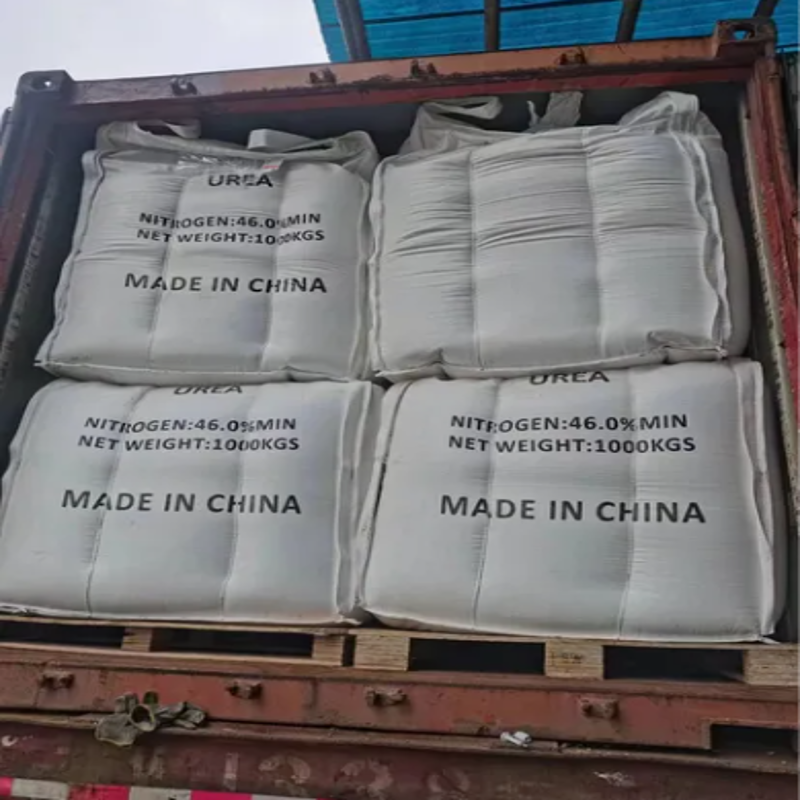-
Categories
-
Pharmaceutical Intermediates
-
Active Pharmaceutical Ingredients
-
Food Additives
- Industrial Coatings
- Agrochemicals
- Dyes and Pigments
- Surfactant
- Flavors and Fragrances
- Chemical Reagents
- Catalyst and Auxiliary
- Natural Products
- Inorganic Chemistry
-
Organic Chemistry
-
Biochemical Engineering
- Analytical Chemistry
-
Cosmetic Ingredient
- Water Treatment Chemical
-
Pharmaceutical Intermediates
Promotion
ECHEMI Mall
Wholesale
Weekly Price
Exhibition
News
-
Trade Service
According to data from the Rothamsted Research Institute in the United Kingdom, if the use of neonicotinoid pesticides is more widely restricted or completely banned, the production of multiple crops in the UK will be at risk
.
The agency stated that “if a certain type of pesticide is restricted by legislation and cannot be used, the existing pesticides will be used more frequently, which will increase the risk of pest resistance
.
” Earlier, the European Union issued a copy.
The draft proposal plans to ban several commonly used insecticides across Europe, replacing the 2013 decree that temporarily restricted the application of three neonicotinoid pesticides to flowering crops
.
The draft may be submitted for voting in May this year, and if approved, it will take effect within a few months
.
In the United Kingdom, the above-mentioned restrictions mainly affect the cultivation of rape crops
.
Rothamsted believes that if the scope of bans and restrictions on neonicotinoids is expanded, or even completely banned, it will be quite difficult to maintain current crop production
.
For example, in sugar beet, the prevention and control of aphids and the spread of viral diseases are completely dependent on the seed treatment of neonicotinoid pesticides, because aphids have developed resistance to other chemicals
.
The agency also emphasized that according to a report from the European Plant Protection Association, the prohibition of neonicotine pesticides has caused an annual loss of 900 million euros in the European rape cultivation industry
.
The agency believes that the formulation of the law lacks a solid scientific basis
.
The reports that are related to this and hold different positions have attracted people's attention
.
The agency called for "appropriate, science-oriented risk assessments to gain insight into the impact of pesticides
.
This will help balance the risks and benefits of plant protection, crop pollination, ecosystem function, and human health
.
" Rothamsted said, " More extensive research is essential.
Traditional chemical prevention and control methods should be combined with better early warning of diseases, pests and weeds, to reduce resistance to pesticides, and to develop next-generation plant protection products
.
"
.
The agency stated that “if a certain type of pesticide is restricted by legislation and cannot be used, the existing pesticides will be used more frequently, which will increase the risk of pest resistance
.
” Earlier, the European Union issued a copy.
The draft proposal plans to ban several commonly used insecticides across Europe, replacing the 2013 decree that temporarily restricted the application of three neonicotinoid pesticides to flowering crops
.
The draft may be submitted for voting in May this year, and if approved, it will take effect within a few months
.
In the United Kingdom, the above-mentioned restrictions mainly affect the cultivation of rape crops
.
Rothamsted believes that if the scope of bans and restrictions on neonicotinoids is expanded, or even completely banned, it will be quite difficult to maintain current crop production
.
For example, in sugar beet, the prevention and control of aphids and the spread of viral diseases are completely dependent on the seed treatment of neonicotinoid pesticides, because aphids have developed resistance to other chemicals
.
The agency also emphasized that according to a report from the European Plant Protection Association, the prohibition of neonicotine pesticides has caused an annual loss of 900 million euros in the European rape cultivation industry
.
The agency believes that the formulation of the law lacks a solid scientific basis
.
The reports that are related to this and hold different positions have attracted people's attention
.
The agency called for "appropriate, science-oriented risk assessments to gain insight into the impact of pesticides
.
This will help balance the risks and benefits of plant protection, crop pollination, ecosystem function, and human health
.
" Rothamsted said, " More extensive research is essential.
Traditional chemical prevention and control methods should be combined with better early warning of diseases, pests and weeds, to reduce resistance to pesticides, and to develop next-generation plant protection products
.
"







